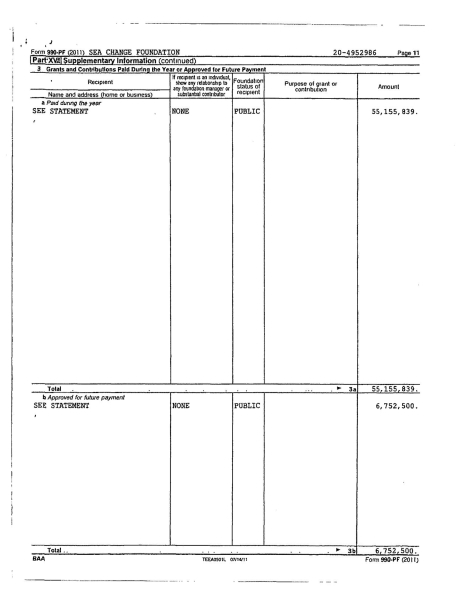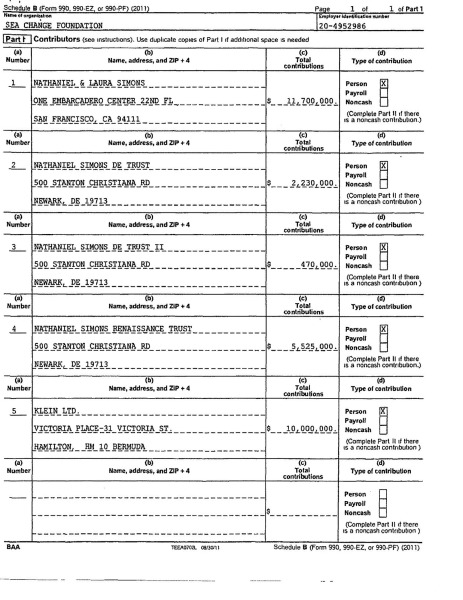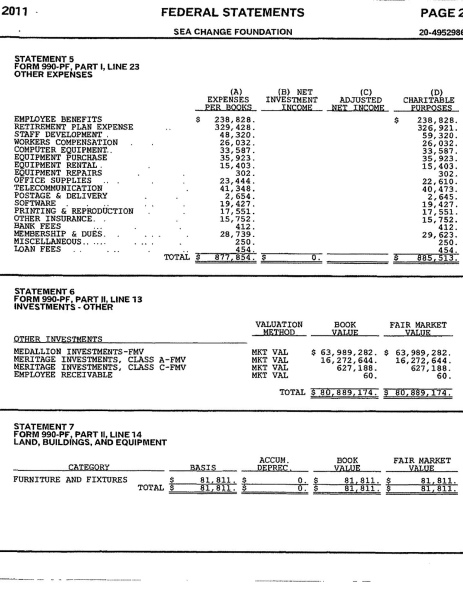Russia’s Ties to U.S. Environmentalist Groups
June 2017
By Eugene Slaven
Revelations that Russia may have interfered in the 2016 U.S. elections have dominated headlines in recent months. While we may never know the full extent of Russia’s influence on the election or its outcome, there is, in fact, overwhelming evidence of Russia’s meddling in one critical sphere of U.S. politics: energy policy. Evidence shows that a complex network of offshore firms has intimate ties to the Kremlin and connections to U.S. based anti-fracking and anti-oil lobbies.
—————————
As congressional committees, journalists, and intelligence officials investigate the extent of Russia’s interference in the 2016 elections, one important aspect that has thus far been overlooked is Russia’s financial ties to powerful anti-fracking and anti-oil lobbies in the United States.1
The evidence is overwhelming, even if the graph connecting the dots between Moscow and U.S.-based environmental advocacy groups is non-linear, and at times as one would expect, obfuscated.
What is Russia’s interest in meddling in U.S. energy policy?
The natural gas boom ignited by the fracking revolution has played a central role in driving down global oil prices, which has significantly hampered Russia’s oil-centric economy. Ergo, it is in Russia’s economic interest to inflict damage on the U.S. fracking industry. To put it another way, what’s bad for fracking is good for Russia.
A 2014 report released by Republican members of the U.S. Senate Committee on Environment and Public Works sheds light on an intricate network of wealthy donors—the committee dubs them “Billionaires’ Club”—who utilize complex arrangements to funnel millions of dollars into the U.S’s best-known and active environmentalist groups, including the Natural Resources Defense Council and Environmental Defense Fund.2
Perhaps the report’s most significant revelation is the existence of a group called Klein Ltd and its $23 million donation to a group called Sea Change Foundation.
According to its disclosure forms, Sea Change Foundation gets its funding from only two sources: The Nathaniel Simons family and Klein Ltd. Billionaire Nathanial Simons is the foundation’s founder and sole board member who generously gives to left-wing environmentalist causes (See Appendix).
Sea Change Foundation’s primary function is bundling millions of dollars for U.S. environmental groups. In 2011, the group gave $15 million to the Sierra Club, $13.5 million to the Natural Resources Defense Council, and $18.1 million to League of Conservation Voters—three of the biggest and most active left-wing environmentalist groups aggressively lobbying against oil and natural gas.3
To be sure, bundling is not inherently nefarious; conservative billionaires bundle millions for their causes, liberal billionaires bundle millions for their causes, and the earth keeps spinning.
The potentially nefarious aspect comes to light when we learn who the key players are behind the mysterious Klein Ltd.—one of Sea Change Foundation’s two benefactors.
Klein Ltd. is based out of Wakefield Quin—a Bermuda law firm that according to its website is “a full-service firm with a history of advising both local and international clients in the areas of banking, corporate and commercial, real estate, restructuring and insolvency, trusts, private client and litigation.”4
That sounds like an innocuous cookie cutter offshore law firm, except that Wakefield Quin is run by executives with intimate Kremlin ties, including Putin’s friend and adviser, Leonid Reiman.5 Furthermore, Wakefield Quin’s senior counsel is a man named Roderick Forrest, who along with Nicholas Hoskins and Marlies Smith formed Klein. Hoskins and Forrest were directors in the IPOC Group, which in 2008 was convicted of money laundering by a British Virgin Islands court, and had $45 million in holdings confiscated. IPOC Group is owned by the very same Leonid Reiman.
Wakefield Quin clients include 20 companies and investment funds with ties to the Russian government. And this disproportionately Russia-heavy portfolio shouldn’t come as a surprise, given the firm’s leadership’s connection to Putin.6 Hoskins and Forrest also happen to be executives of Spectrum Partners Ltd., a fund with offices in several countries, including Moscow, with a portfolio that’s heavy on Russian securities.
Given the media frenzy over Russia’s tampering in the 2016 elections, the evidence that shadowy firms with direct ties to the Kremlin fund left-wing environmental groups should pique most journalists’ interest. And the fact that Putin’s Russia has aggressively influenced global geopolitics is all the more reason to relentlessly pursue this story.
Perhaps the clearest example of Russia’s willingness to use most any means necessary to affect global oil and gas markets is its well-documented role in the building of the “South Stream” pipeline to Bulgaria.
As The New York Times reported in 2014, shortly after Russia annexed Crimea, Bulgaria’s parliament drafted legislation sanctioning a gas pipeline from Russia to Bulgaria. The legislation was largely written by Russia’s state-owned energy giant, Gazprom, and was spearheaded by Putin’s energy minister, with the explicit intent of enriching Putin and his cronies.7
Compared to the Bulgaria scandal, Russia’s funding of left-wing environmentalist groups is a relatively passive gambit in Russia’s quest to exert influence over the global energy market.
So, what does all this mean? In short, we know that Putin is committed to expanding Russia’s sphere of influence and strengthening Russia’s economic position. We know the risk U.S. fracking poses to Russia’s economy, and we know the direct Russian ties to firms that contribute tens of millions of dollars to anti-fracking environmentalist groups.
As we look into Russia’s role in the 2016 elections, it’s incumbent on all responsible parties to examine Russia’s ties to anti-fracking environmentalist groups as well. After all, anyone who is concerned about a foreign power influencing U.S. public opinion should be alarmed by evidence that Russia is shaping public opinion (and public policy) through its ties to such groups.
Eugene Slaven is a freelance writer, a former Charles Koch Institute Associate, and former Associate Director of the Center for Freedom and Prosperity. He is the author of the comedy novel A Life of Misery and Triumph and the self-help guide Enemy Thoughts. Eugene holds a B.S. in Business Administration from Carnegie Mellon University and an M.A. in Political Management from The George Washington University.
Notes
1. See Lachlan Markay, “Foreign Firm Funding U.S. Green Groups Tied to State-Owned Russian Oil Company,” The Washington Free Beacon, January 27, 2015. http://freebeacon.com/issues/foreign-firm-funding-u-s-green-groups-tied-to-state-owned-russian-oil-company/ ↩
2. U.S. Senate Committee on Environment & Public Works. EPW Republicans Release In-Depth Environmental Collusion Report, “The Chain Of Environmental Command: How A Club Of Billionaires And Their Foundations Control The Environmental Movement And Obama’s EPA”. July 30, 2014. ↩
3. “Big Donors…Big Conflicts: How Wealthy Donors Use the Sierra Club to Push Their Agenda,” Energy & Environment Legal Institute, July 2015. https://eelegal.org/wp-content/uploads/2015/07/Big-Donors-Big-Conflicts-Final1.pdf ↩
4. “About Us.” Wakefield Quin http://www.wq.bm/about-us/ (retrieved April 19, 2017). ↩
5. “From Russia With Love: Examining Links Between U.S. Environmental Funders and the Kremlin,” Big Greed Radicals, December, 2015. https://www.biggreenradicals.com/wp-content/uploads/2015/12/Klein_Report_12-2015.pdf ↩
6. Markay, “Foreign Firm Funding U.S. Green Groups”. ↩
7. Jim Yardley and Jo Becker, “How Putin Forged a Pipeline Deal That Derailed,” The New York Times. December 30, 2014. https://www.nytimes.com/2014/12/31/world/europe/how-putin-forged-a-pipeline-deal-that-derailed-.html ↩
Appendix
Financial Statements, Sea Change Foundation



